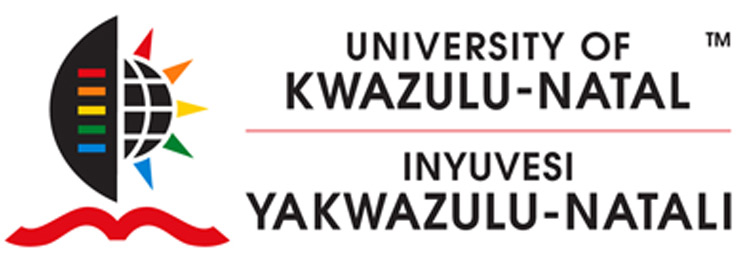

the UniVersity oF
KwaZUlU-natal
The University of KwaZulu-Natal (UKZN) has swiftly established its credentials as a rapidly transforming and research-intensive institution, and has become one of the leading universities in Africa. UKZN is the only merged South African university that has consistently featured in global university rankings over the last five years. Established in 2004, with roots originating in the erstwhile Universities of Natal and Durban-Westville (founded as University Colleges in 1910 and 1960 respectively), this reconfigured Institution is now one of the largest residential universities in South Africa. UKZN’s Strategic Plan 2009-2016 began the journey towards African Scholarship with its vision of UKZN becoming a Premier University of African Scholarship, a journey that enhanced the research character of the University. This enabled UKZN to be ranked as one of Africa’s most prominent universities in terms of its academic quality and research impact.
Rich in tradition, UKZN has a proud heritage of academic excellence and a history of making a transformative impact regionally, nationally, and globally. The recent publication 100 Years of Academic Excellence, 1910-2010 celebrates this tradition and heritage. UKZN remains deeply committed to advancing African scholarship and being an Institution of Choice for staff and students. As a transformative university which nurtures and develops academic talent and diversity among its students and staff, UKZN aspires to create a deep service culture that inspires greatness across the Institution, in its partners, and also the communities it serves.
UKZN currently has five campuses across the two metropoles of eThekwini (Durban) and Msunduzi (Pietermaritzburg) – which serve as the main hubs of its academic activities. The greater Durban area is fast
The student population at UKZN is representative of regional demographics, and has grown significantly to a number over 45 000. While this student body size is approaching the limits of space and university resource constraints – there is still capacity to increase the proportion of postgraduate enrolment, which is currently just under 30% of the total student population. UKZN’s research centres and research institutes are thriving, and have positioned the Institution as a university with the highest number of published research outputs in 2013 and 2014 in South Africa. Accompanying this success is the maturing of UKZN’s intellectual property and knowledge-transfer office, InQubate – which is the driver for the management and commercialisation of UKZN’s intellectual property, and which acts as a hub for the growth of student entrepreneurship and industry-university collaborations. The Centre for World University Rankings (CWUR) presently ranks UKZN fourth in South Africa, and the University is placed within the top 500 universities in the world.
The devolved College model – a fundamental outcome of the 2009-2016 Strategic Plan – has matured and now promotes the rendering of effective strategic direction in terms of resource utilisation and improved management and
University planning is a continuous process that must be responsive, and must adapt to the constantly evolving landscape of the Higher Education sector and the changing needs of wider society. The UKZN Strategic Plan 2017–2021 builds on the current strengths of UKZN and seeks to make further improvements. It also aims to strengthen UKZN so that it can pre-emptively address internal challenges and pro-actively seize on opportunities arising from the external environment. The new Strategic Plan provides an aspirational and robust framework for UKZN to continue to thrive in the uncertain but exciting period that lies ahead for the tertiary education sector in South Africa. Furthermore, it serves as a basis for the development of annual operational plans.
The UKZN Strategic Plan 2017–2021 is the result of a comprehensive consultation process across the University, and its implementation is the responsibility of everyone at the Institution. UKZN leadership looks forward to working with all stakeholders to achieve the Strategic Plan’s objectives, and to ensure the sustained success of the University. Deep gratitude is due to all who contributed inputs during the Plan’s development, drafting and refinement.





